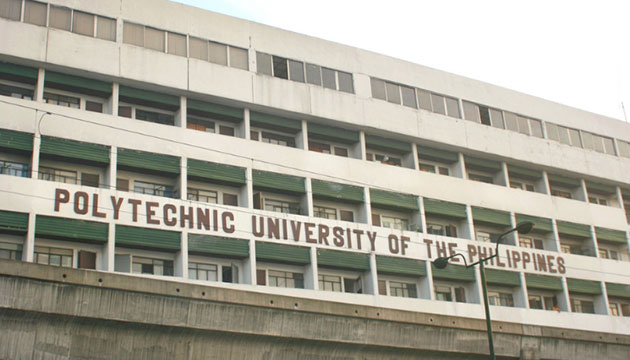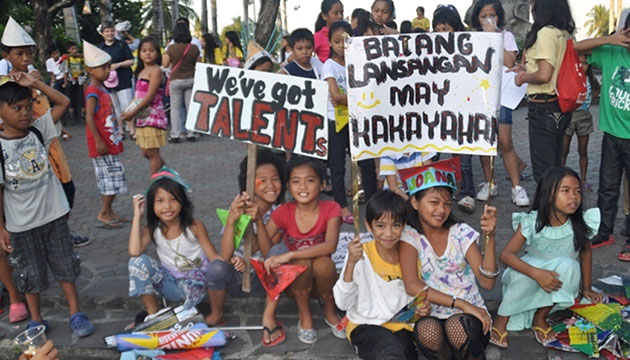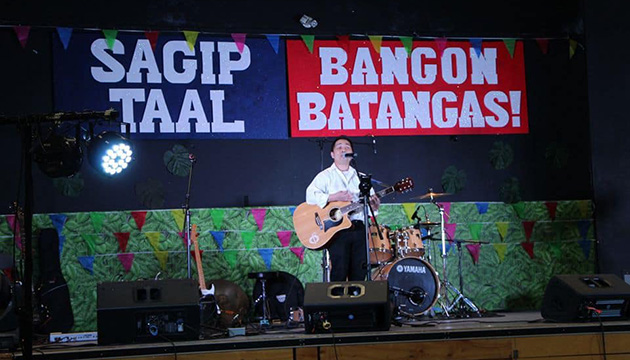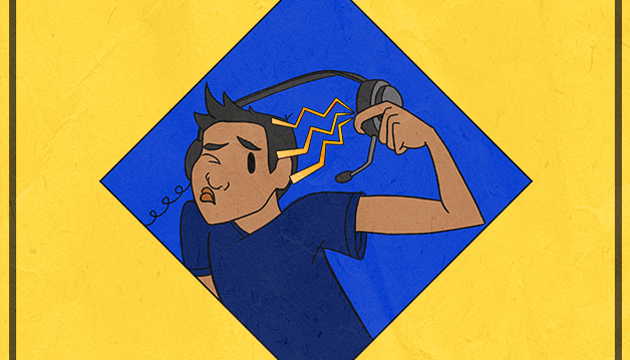The effects of the mid1980s neoliberal policy of privatizing social services such as higher or postsecondary education have been widely felt in North America,
specifically Canada. A.k.a. Reaganism or Thatcherism, this policy that some provincial premiers like Alberta’s Ralph Klein implemented in the early 1990s continues to widen the gap between the haves and the have-nots, with the latter revealing many indices and faces of poverty not measured solely by low income (see Canadian Poverty Line).
Province-regulated, higher education and its completion generally mark holders’ entry and ascent to better paying jobs. Most Filipino parents consider university education as their best legacy to their children; however, many low-income parents find the spiraling costs of university education as huge stumbling blocks to such an aspiration.
How can we lobby our provincial governments to help assuage the costs of university education for their future workers-cum-taxpayers who could put their respective provinces to economic heights? Concerned Filipino Canadians come up with solid suggestions drawn from cases of low-income yet high performing aspiring workforce.
Firstly, we call for the abolition of Canada's Registered Education Savings Plan (RESP). Canada’s RESP caters only to the rich who apparently can afford to skip governmental subsidy for their children’s education. Consider the government’s maximum lifetime grant of $7,200/child versus a yearly tuition of approximately $9,500 for an engineering student at a public university plus this student’s daily food allowance, books, winter clothing, transportation, shelter, and more. This looks like a drop in the haves’ bucket.
Asking low-salaried parents to annually set aside $2,500/child for the government's yearly $500 grant per child is tying them to a lifetime of bankruptcy. A number of unintended consequences for low-income parents aspiring for the good life of their kin may include applying for loans or subjecting their children to loan sharks’ whim; performing less in their jobs; juggling two or more jobs; having poor health all of which mean higher costs to a given province. On a larger scale, Canada’s RESP eclipses the country’s avowed commitment to socio-economic justice and equality across cultures and races.
Secondly, we push for the funneling of donations for schools, colleges, and universities to tax-deductible scholarship monies for low-income but commendable students and not to construction of buildings. Although physical and virtual structures underpin any country’s educational system, recipients of human capital formation deserve the financial edge. These recipients ultimately become creators and innovators of the future world, and accumulators of wealth far more than buildings could be.
High performing Filipino students in a family of three with an annual income of $30,000 or less belong to Canada’s low income class (see low income cutoff – LICO). They can be provincial governments’ scholarship grantees. Secondary school honor graduates and graduates with a GPA of at least B+, accorded the right scholastic incentive or scholarships, have the potential to subsequently contribute to the economic landscape of any province.
Thirdly, we lobby for Canada to celebrate the children of its top immigrant labour that have served and continue to care for its graying population. Now is the opportune time for Canada to pay back and to pay forward for its own economic good. Provincial scholarship platforms for low income but smart students deserve inclusion in programs across political parties nationwide. Eradicating the privatized neoliberal university education extant in many provinces in Canada for more than 30 years now will ultimately bridge the gap between Canada’s privileged and underprivileged.
Canada’s provinces can pattern their university education after Argentina, Brazil, Cuba, Czech Republic, Greece, Turkey, and Nordic countries’ system of universal free higher education. Nordic a.k.a. Norden countries found in North Atlantic and Northern Europe (Denmark, Finland, Iceland, Norway, and Sweden) likewise offer free postgraduate education.
Fourthly, we rally against the transformation of caregivers and foreign temporary workers’ children into Canada’s permanent underclass for lack of higher education. These children deserve a better host country of labour as their parents have given much to Canada’s graying workforce in the hope of providing them with a good future. It is high time for Canada to recognize labour from its top source country of immigrants – the Philippines.
Canada, a high income country, might wish to look into the case of the Philippines that has decided to go universal free higher education despite its being a lower-middle income country (see WEF's Human Capital Index for country income classification). The overall rank and score of Canada (14th, 73.06) and that of the Philippines (50th, 64.36) in the human capital index (HCI, quantifiable factors of individuals’ potential and ability to gain, grow, and wield talents and skills in their work life) challenge Canada to walk its HCI record and to raise the human capital capacity and workforce preparedness of its Filipino immigrants’ children. Over the long haul, does not Canada champion education and labour?













